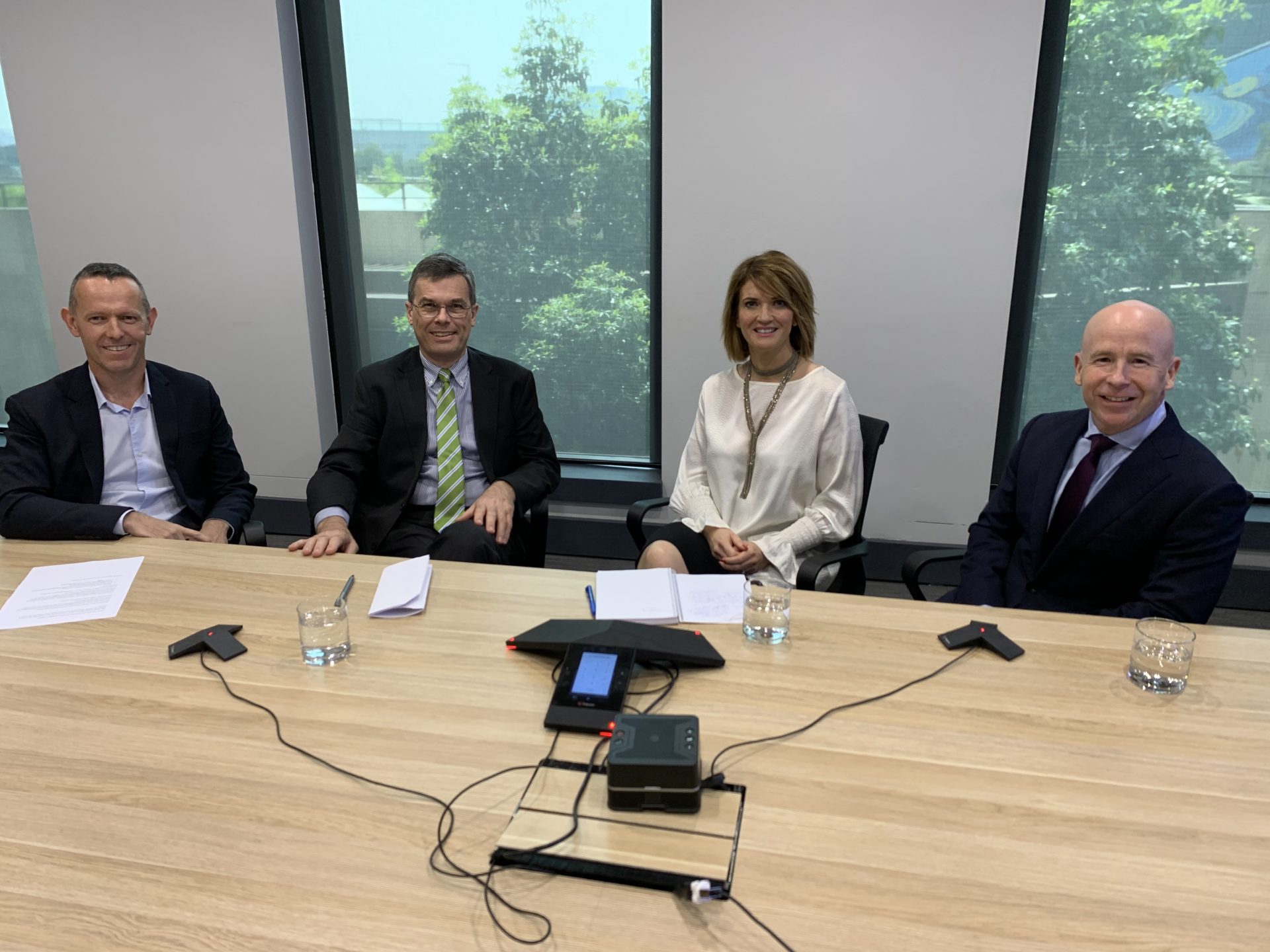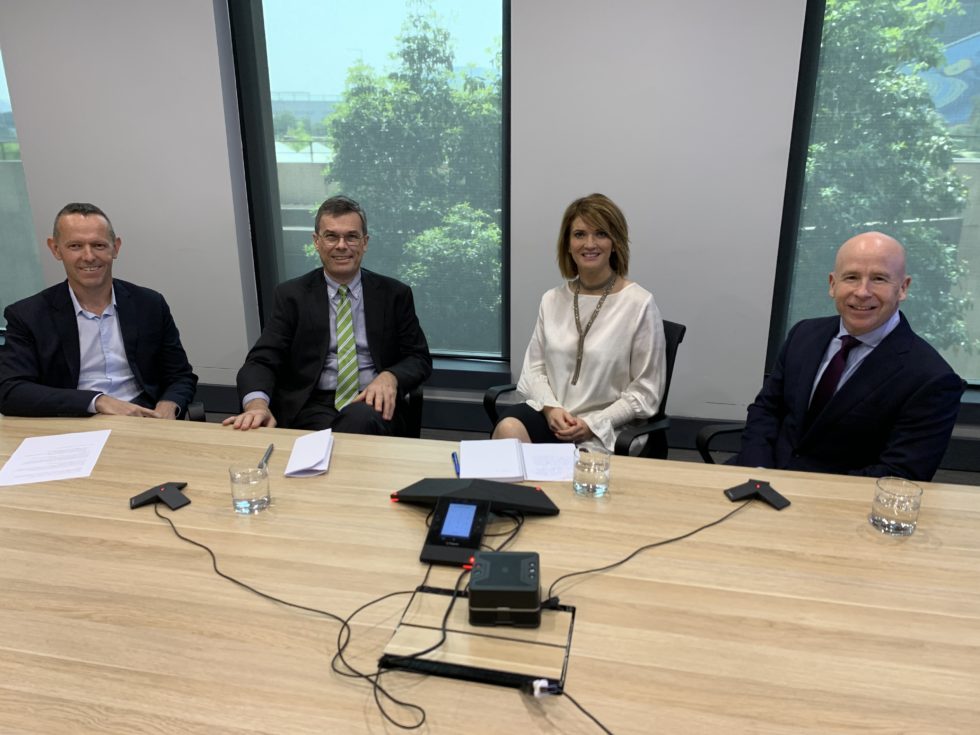The concept of ‘lower for longer’ or low growth, inflation, interest rates and returns on assets has experts warning financial advisers and their clients it is an investment environment they will need to get used to.
Speaking at the recent HUB24 webinar titled ‘Is diversification still the last free lunch?’, Quilla Director Mathew Jeremy said there are two relevant questions financial advisers need to be asking around the issue of diversification that will help guide them.
“In this current environment, can your portfolios as they are currently structured deliver on your client’s objectives and if there is a significant downturn, what will be the impact on the portfolio?”
In a different approach, Morningstar’s Head of Institutional Portfolio Management and Solutions, Jody Fitzgerald said what you don’t own in your portfolio will impact its power to generate wealth.
Further, in trying too hard to seek out yield, clients might take on too much risk and end up in a negative compounding situation which is even more difficult to correct.
“Staying out of assets that are clearly overvalued is worth it,” said Fitzgerald, as is “getting clients comfortable with muted returns.”
She suggested rather than focussing on percentage returns, financial advisers should talk to their clients about their wealth generation goals and how they are tracking according to this.
The panel encouraged advisers to drill down to see where valuations were at rather than taking a broad brush approach to asset allocations.
Elston Asset Management co-founder and portfolio manager Andrew McKie said despite slowing growth across the economy there is growing risk in some traditional defensive assets like fixed income and alternatives and the relative risk of each asset class should also be considered.
Fitzgerald said given we are in the latter stages of the investment cycle with most assets over-valued and the economy showing signs of slowing down, how advisers position their portfolios will become more critical going forward.
Jeremy agreed and said the bull market would either come to an end with a whimper or a bang. If it is the former, given an outlook for relatively muted growth around trend, expected returns across asset classes in the coming year could be around 3-6%. The latter would likely involve a significant drawdown in equities as policy makers in the US and China do too little too late to fend off a deeper slowdown in growth.
McKie also noted the pressure advisers are currently under in the ‘lower for longer’ environment, particularly in meeting clients’ income expectations and that demonstrating value was key to them achieving client satisfaction.
He urged advisers to focus not just on yields but on after-tax returns which can have an impact when base returns are low.
“They really add to the total return in terms of justifying value.”




